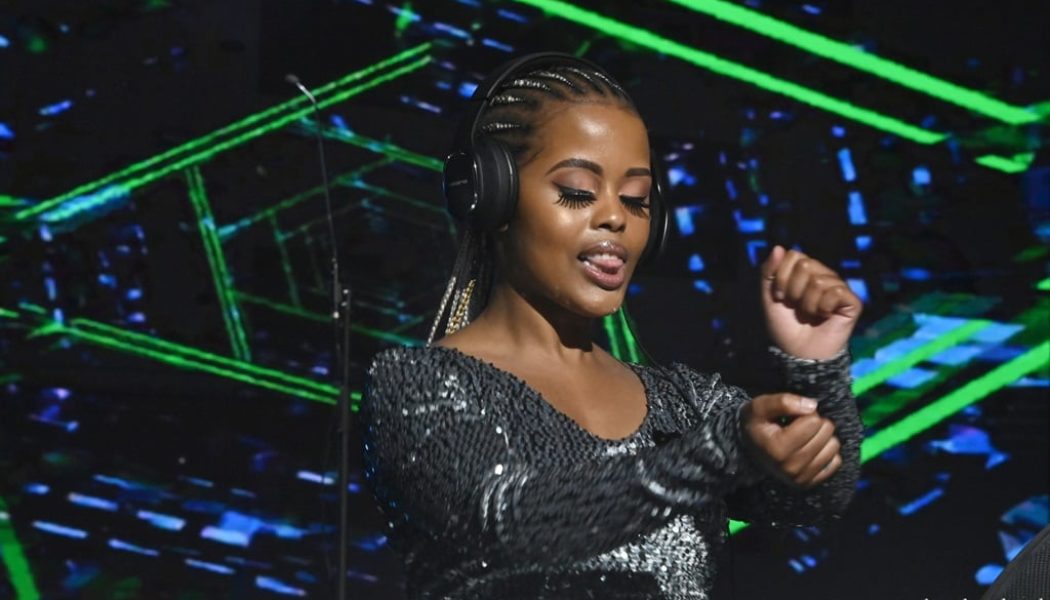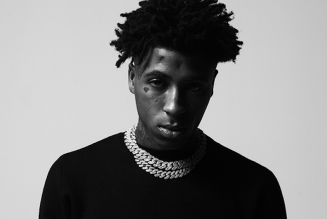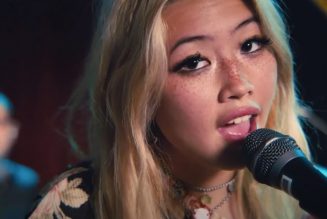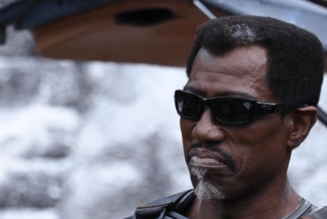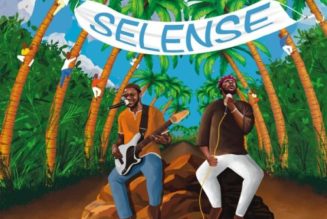
In this Op-Ed, Matuba Mahlatjie explores the cultural significance and unintended political implications of the amapiano music genre in South Africa. He also expands his thoughts on the profound impact amapiano has had on our cultural landscape, developing into a symbol of social cohesion, uniting people from diverse backgrounds while showcasing the talent and creativity of South African youth on the world stage.
Where I come from, Soshanguve, north of Pretoria, this time of the year is already “festive.”
Yes, leave out the word season and leave it at “festive,” and everyone from Pretoria townships will know it’s time to wrap up the year.
Music forms a significant part of this time, and it’s not so much Christmas Carols, but popular music genre composers all hope their music will get the annual accolade of being the song of the year, and this is a people’s choice award bigger than the South African Music Awards (SAMAs).
I want to get straight to the point of this piece and tell you about amapiano and how the genre has joined the Springboks and Mamelodi Sundowns among the best social cohesion saviours for 2023 in South Africa.
“I am glad that my people do so much with so little,” is a quote from a BBC documentary where Cassper Nyovest lauds the pioneers of amapiano and those who continue to produce sounds that have revolutionised dance music in South Africa and the world.
This is an unintended political statement because he goes on to explain the lack of access to a decent life for some of the people who make this groundbreaking sound.
While amapiano will no doubt dominate celebrations of the festive season, I can’t help but think of the 2024 elections and how the genre will also feature in election campaigns and, dare I say, in election manifestos where the very same people who failed citizens will claim amapiano as something that was birthed under their watch.
And that, to me, would be such theft of intellectual property of the children born into a democracy that sometimes tormented them — got them hooked on government handouts presented to us as public service while youth unemployment skyrocketed.
The advent of amapiano is the public service we didn’t ask for.
READ MORE | Spotify’s AI DJ becomes available to South African users
I speak for millions from my hood, Soshanguve, and the rest of the world when I say, thank you for this soul-awakening phenomenon.
My friends and many others who know me will tell you I cannot dance, but amapiano gave us songs and dance moves for people like me to enjoy without judgment.
We dance too.
My friends also know me as a music snob who loves classical music, opera and choral music to be precise, but amapiano has topped the chart in my personal life as something that makes me want to wake up and live my purpose.
Focalistic, one of the caretakers of this genre, put it succinctly, “A se trap, ke pina tsa ko kasi,” which means this is not “trap” (a genre popular in America) but sounds from my hood.
And that brings me to what I hear when amapiano plays.
Well, let me start by paying homage to the log drum, which is the main character in the amapiano world – for me, at least. As a sangoma, I relate because of the drumming.
As someone who had a grandmother who went to the indigenous churches, it still resonates. I can go on and on about where this sound could have been from, but it’s a sound that helped raise us into the functional humans we are today.
I have already confessed to being a lover of Western classical music, and I think a collaboration with an orchestra and a live log drum should happen in my lifetime. Not necessarily to appease me but to showcase how amapiano is a global product that fits anywhere.
READ MORE | Kamo Mphela’s ‘Dalie’ reaches 1.86 billion views on TikTok
Alicia Keys and many other global music icons have acknowledged the arrival of this South African treasure. And I am so proud to be associated with it. That was not an affirmation of our country’s talent but an acknowledgement that we are a talented nation. Great things come from us even when our lives are contaminated with inequality, some of which is a result of corruption, which directly or indirectly sponsors the lack of progress we deserve in our lives.
Most of the causalities are our youth, the people who pioneered this highly appreciated genre loved by millions. Is that not an answer to our unanswered concerns? Is that not a sign to our politicians seeking re-election to public office that we have the power, not them? It’s different from having a president that trends because they keep millions of US dollars underneath their furniture in one of their many lavish homes. It’s different from having the whole world watch us trying to jail a former president with supporters who vow to destroy everything for just one man.
Amapiano came to prominence during the Covid-19 lockdown when many artists were losing their lives and livelihoods. In fact, our government was found wanting when artists like Sibongile Mngoma bravely asked simple questions about where the money intended for artists went. This is not an anti-ANC article, and I hope that the governing party can use this instead as a way to reevaluate its approach to empowering young people.
The egos are fragile there, I know, and I am not fighting with the ANC that my parents loved. If I write one more sentence about the governing party, they might just win the next election with an outright majority without a good campaign.
This article is merely my personal act of gratitude to those who gave us a gift I’d be happy to recount to my grandkids. I don’t even think I will have a lot to narrate because amapiano will probably outlive me. The nation-building that was touted in many political speeches became apparent when amapiano’s volume increased.
The intersectionality of our politics was visible because of the tunes that some of us just loved without understanding the lyrics – and those lyrics we belted without understanding because our strange diversity became the reason why we are so happy.
Happy in times of the highest (youth) unemployment rate since 1994. Amapiano is not black or white, and I will avoid calling it a rainbow, too, because that analogy brought us false hope. But it is where you find everyone who calls themselves proudly South African.
The list of people to praise and thank for this new age of dance music in South Africa is long.
In the same way we felt connected to amapiano, I’d like everyone to take this as a personal note of thanks for composing the beautiful music, supporting the artists, and everything else that has elevated us and earned us respect worldwide.
In the words of Focalistic, “A se trap, ke pina tsa ko kasi.”
– Matuba Mahlatjie is a communications and media relations manager.
– Disclaimer: News24 encourages freedom of speech and the expression of diverse views. The views of columnists published on News24 are therefore their own and do not necessarily represent the views of News24.
